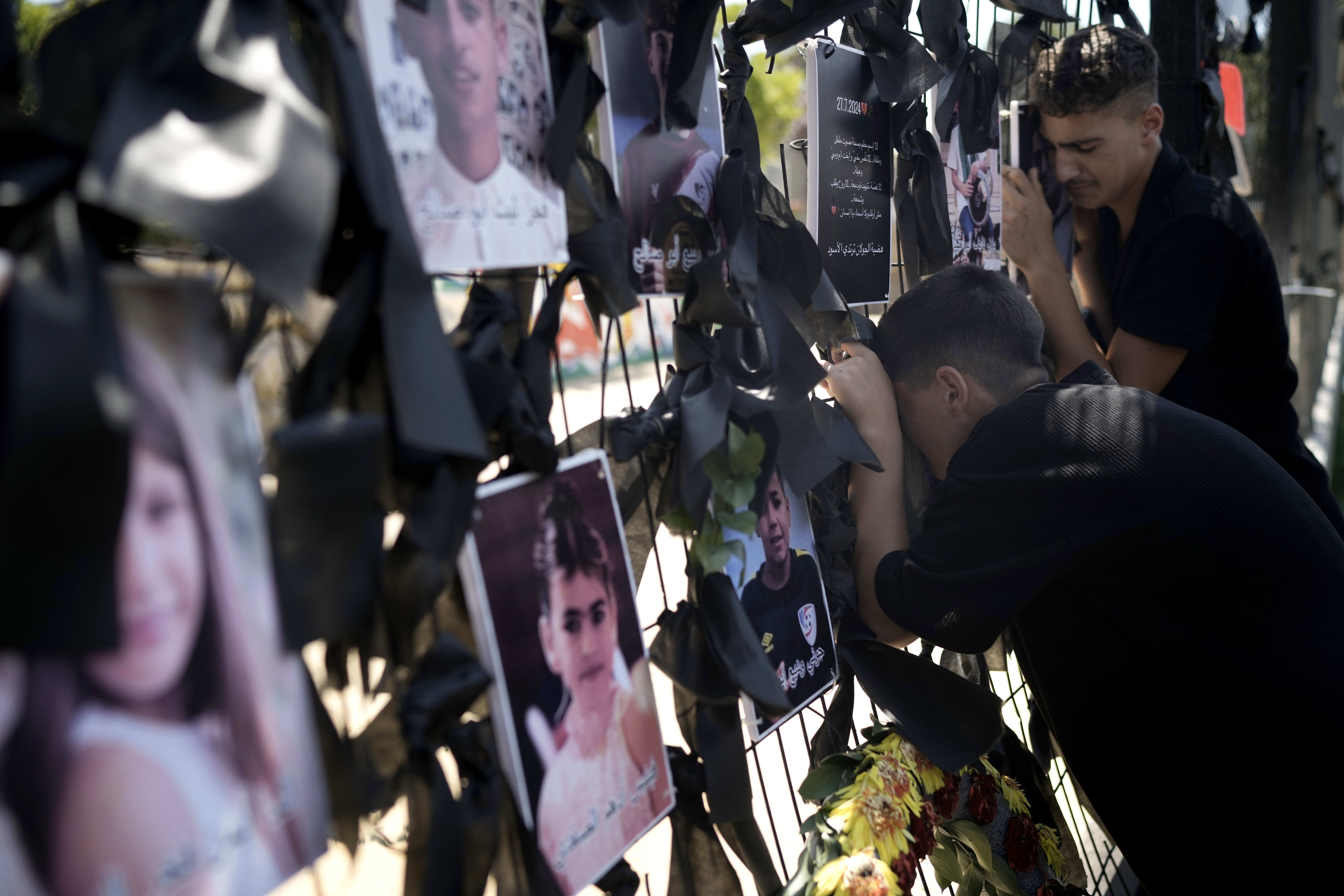US Downplays Concerns of 'All-Out War' in Middle East
High-ranking Israeli officials are issuing stern warnings to Hezbollah, indicating that further conflict may be imminent.

Israel and the United States hold Hezbollah responsible for a recent attack in the Israeli-occupied Golan Heights, which resulted in the deaths of twelve children. Conversely, Hezbollah firmly denies its involvement in the incident. Following the attack, Israel's security cabinet authorized Prime Minister Benjamin Netanyahu and Defense Minister Yoav Gallant to carry out a military response.
Meanwhile, strong statements have been made by Israeli authorities hinting that further hostilities could erupt imminently.
“We are on the precipice of potentially a regional or world war. Iran is behind all the aggression in the region and their ambitions are global,” stated Fleur Hassan-Nahoum, Israel's special envoy for foreign affairs, in a text message. “The murder of those innocent children has crossed a red line.”
Amid these high tensions, Gregory Meeks, House Foreign Affairs ranking Democrat from New York, expressed on CNN that the region is on the brink of peace or possibly an “all-out war.”
Despite such concerns, John Kirby, National Security Council spokesperson, argued that fears of a full-scale war are based on an “exaggerated” perception and maintained a focus on diplomacy. “We still believe a diplomatic solution can work,” Kirby said, advocating for non-military approaches.
The situation further escalates as Turkey's President Recep Tayyip Erdoğan threatened military intervention in Israel, and Germany urged Iran to help prevent further escalation. Additionally, some airlines halted flights to Beirut due to rising fears.
Aaron David Miller, a former Middle East peace negotiator, mentioned that the White House aims to avoid exaggerating the potential for conflict. “No point in doomsaying. … Escalation isn’t inevitable,” he said.
Some Israeli officials have expressed a desire to target Hezbollah while avoiding broader regional conflict.
“Iran-backed Hezbollah knows what it has to do if they don’t want a war,” advised Hassan-Nahoum. Lebanese Foreign Minister Abdallah Bouhabib indicated that Hezbollah is prepared to withdraw under certain conditions.
The recent developments have heightened concerns about further escalation. “It’s a hot situation,” said Sen. Ben Cardin (D-Md.), chair of the Senate Foreign Relations Committee, noting the significant risk of escalation.
Conversely, Sen. Thom Tillis (R-N.C.) emphasized the necessity for a strong Israeli response. “Israel has to take necessary steps based on the nature of that rocket attack that killed children,” he stated.
The future responses from both Israel and Hezbollah remain to be seen, as noted by Jonathan Lord, director of the Middle East Security program at the Center for a New American Security. He remarked on the focus on Gaza, suggesting a cautious approach to any military repositioning towards Lebanon.
“Israel isn’t there yet, but I wouldn’t be sanguine about the situation,” Lord concluded.
Contributions to this report were also made by Joe Gould. Additionally, this article was featured in POLITICO’s National Security Daily newsletter.
Emily Johnson for TROIB News












